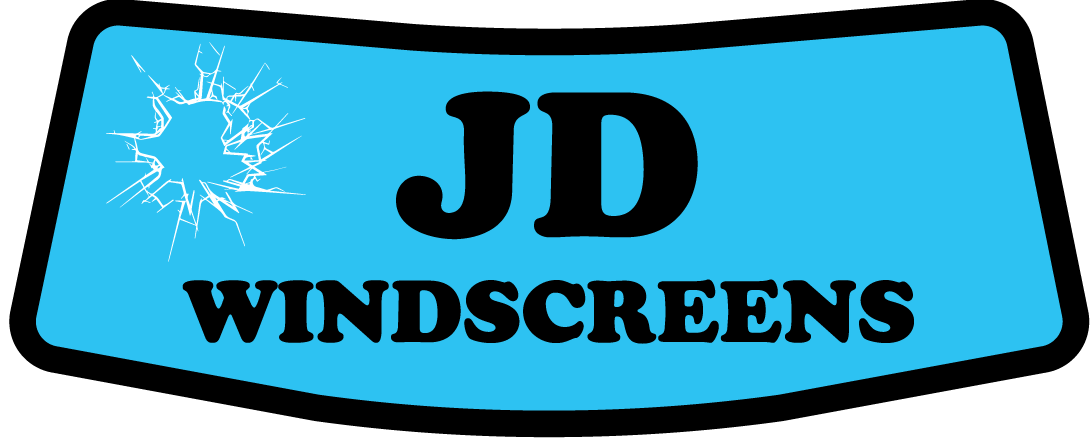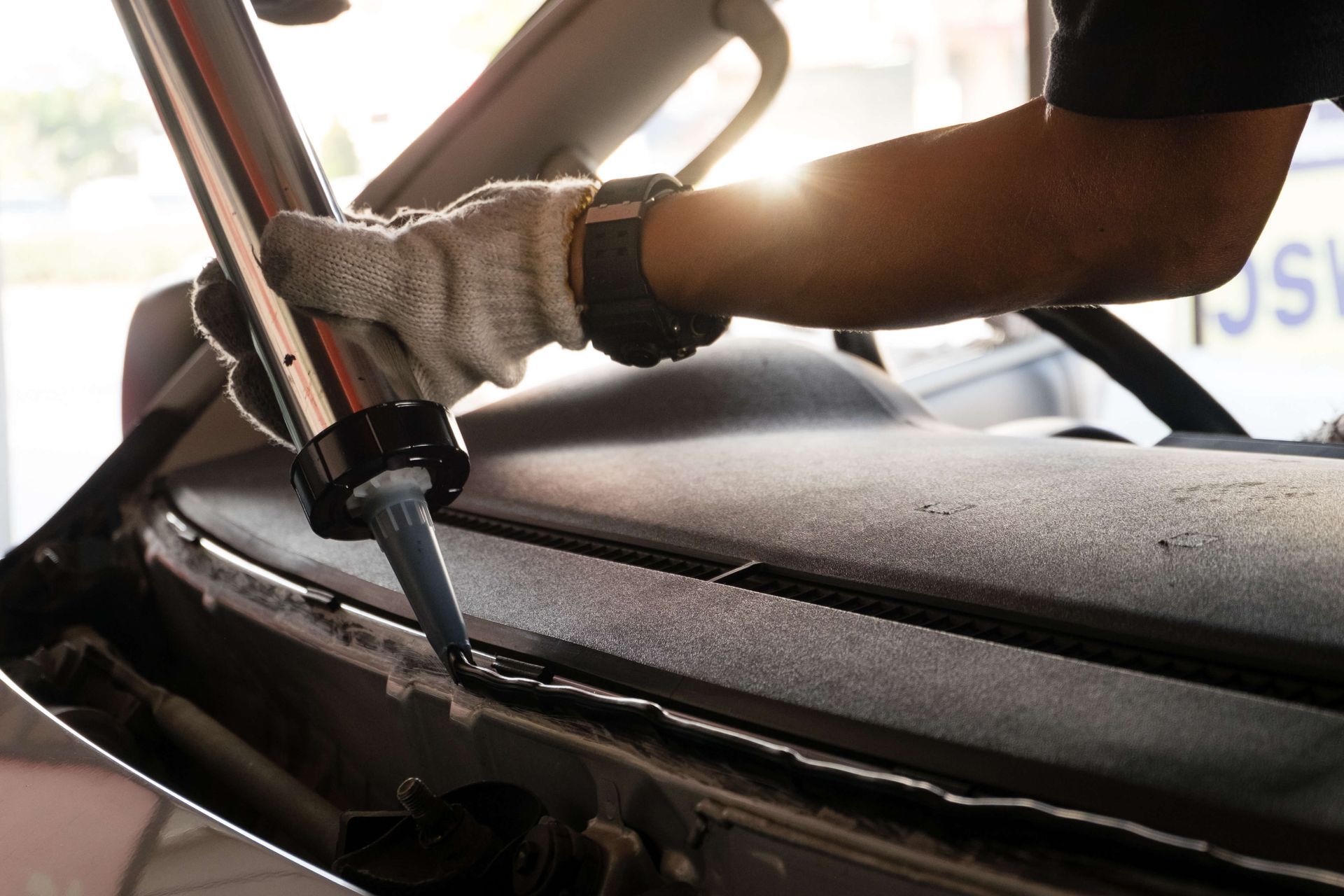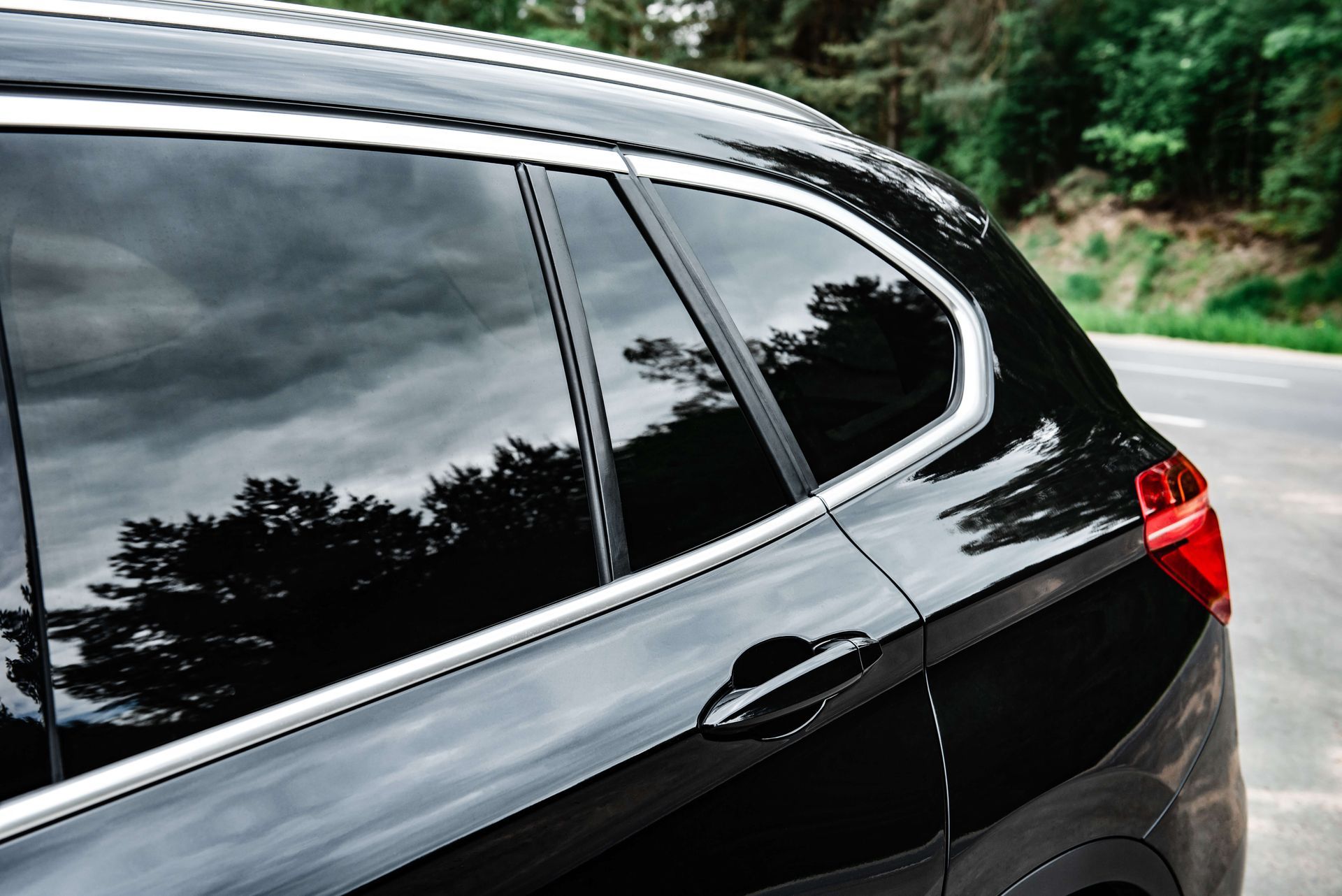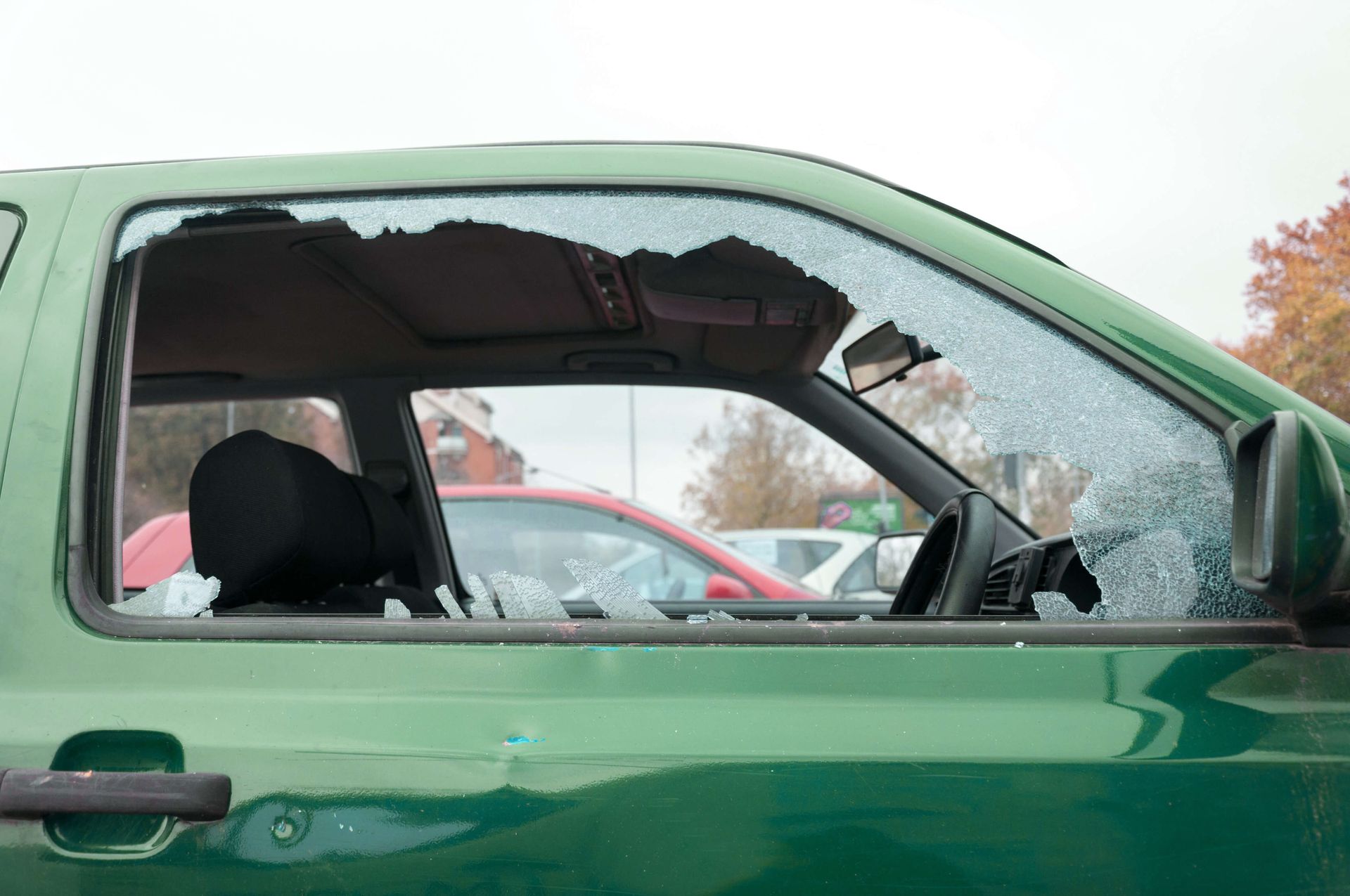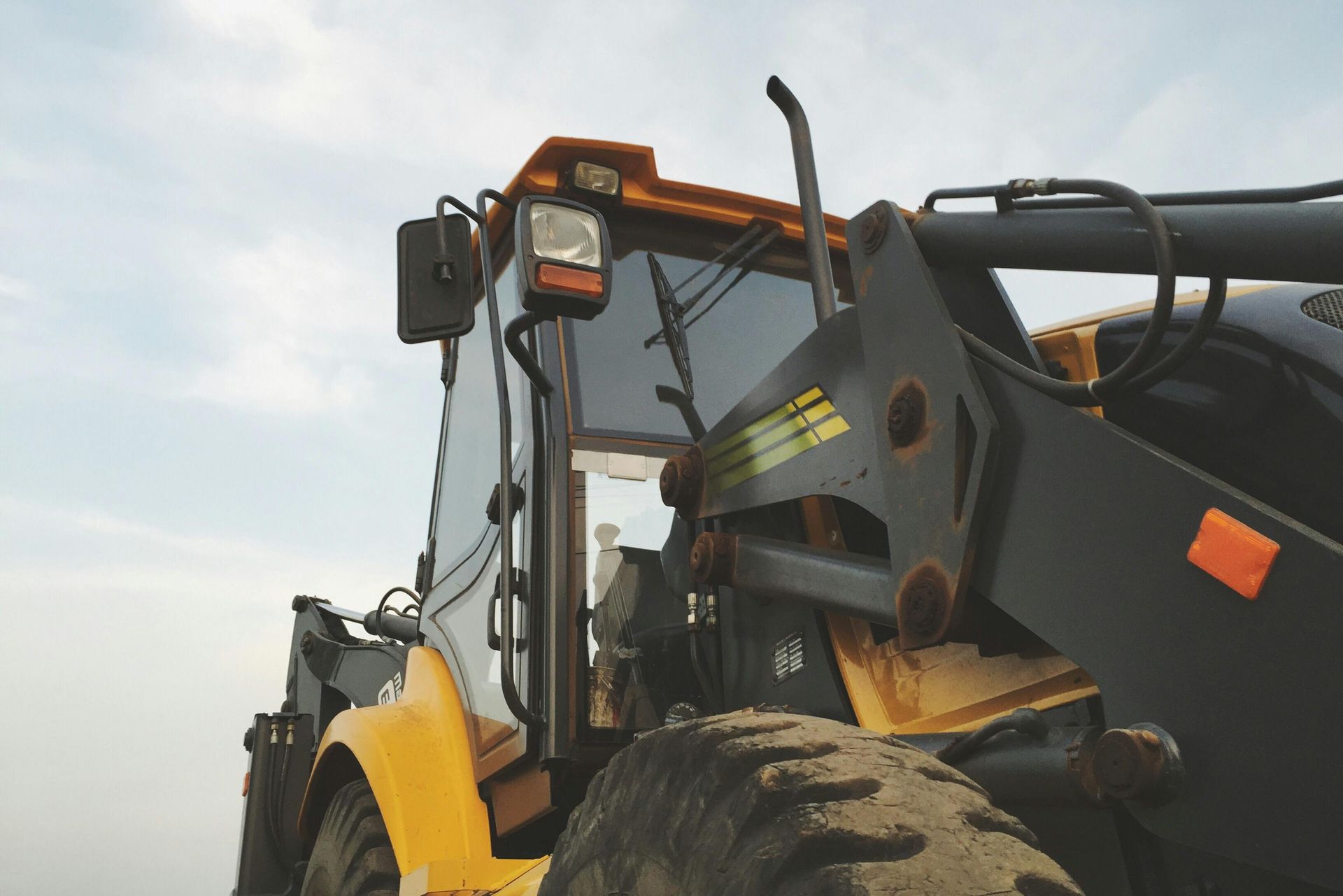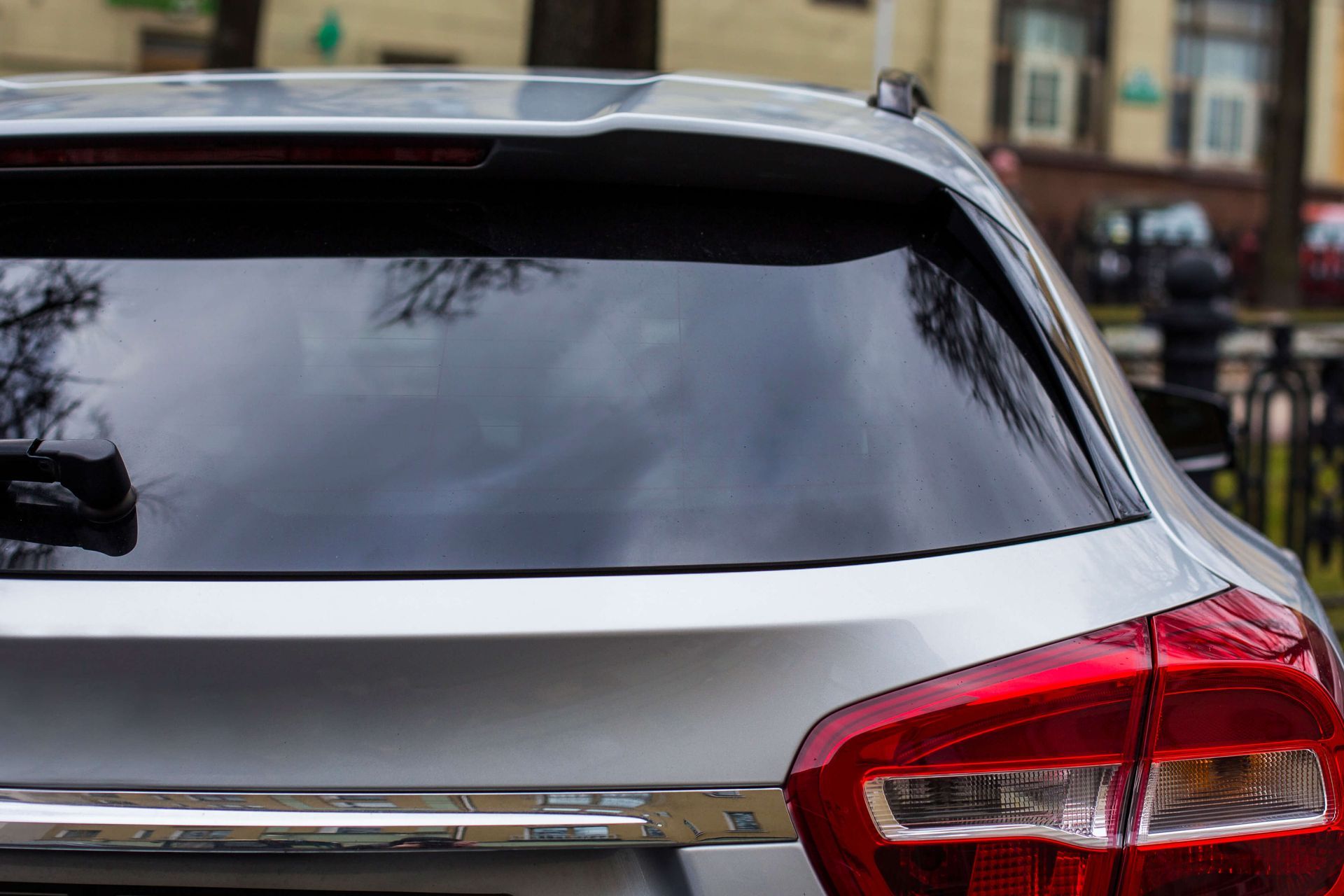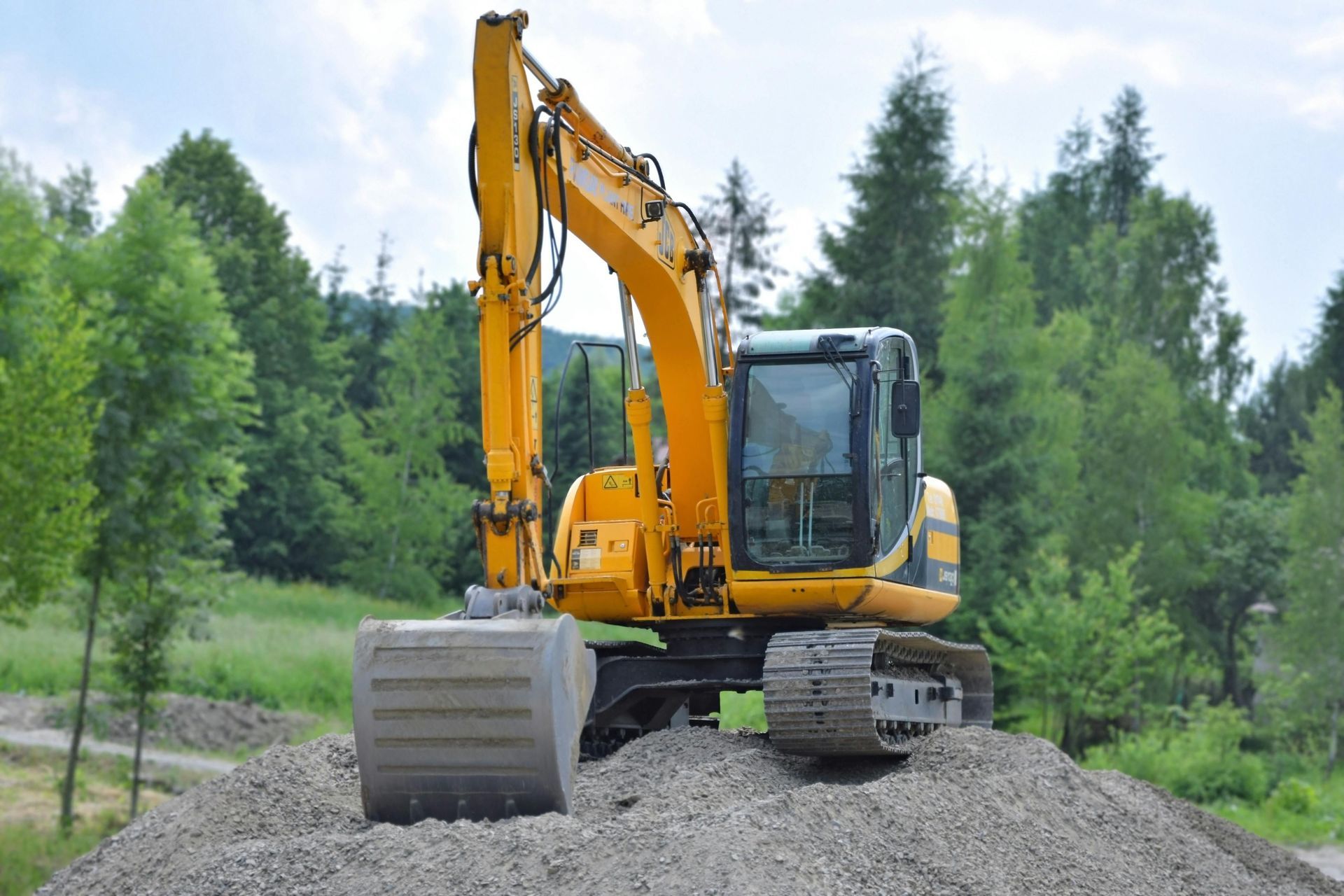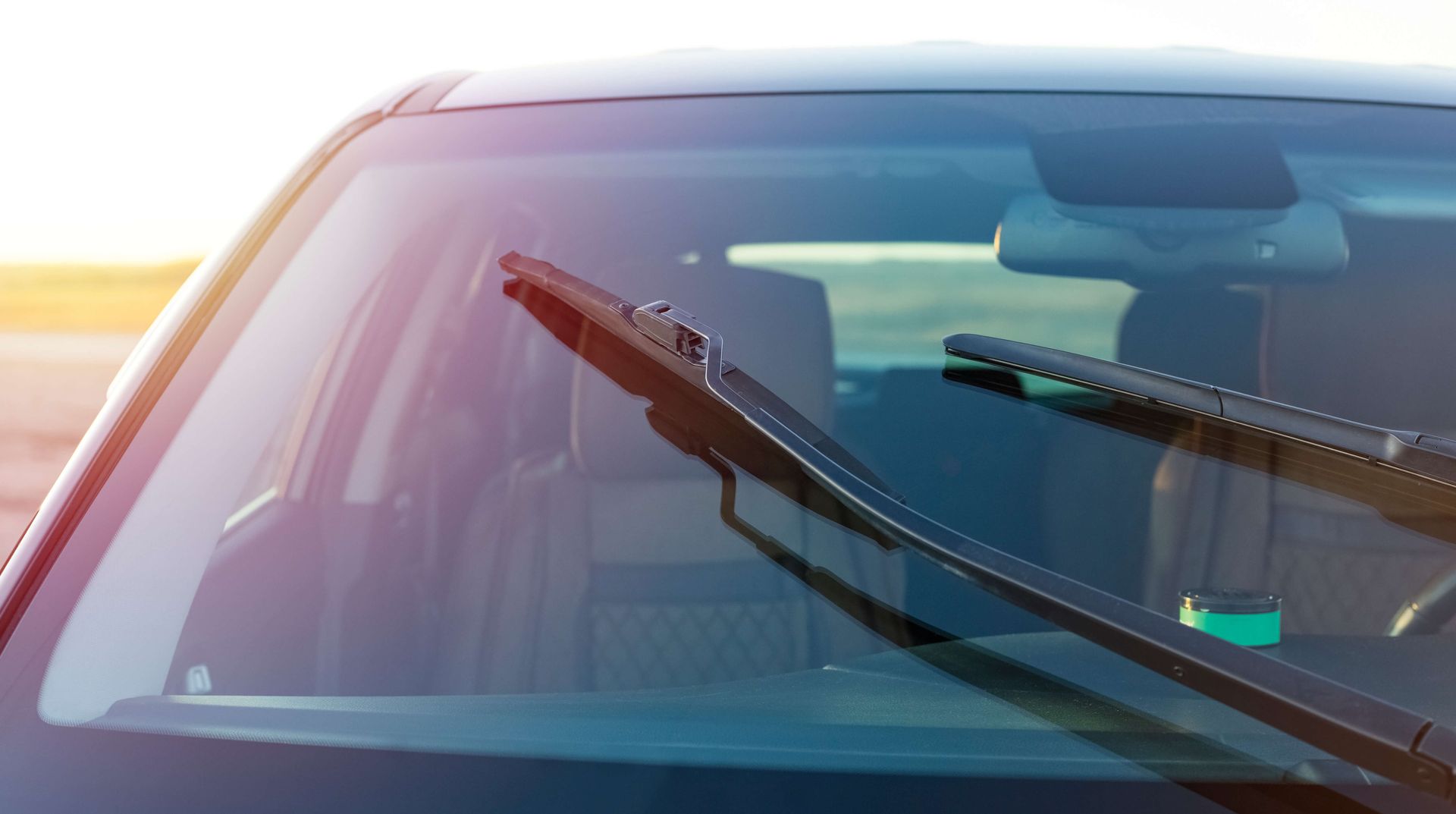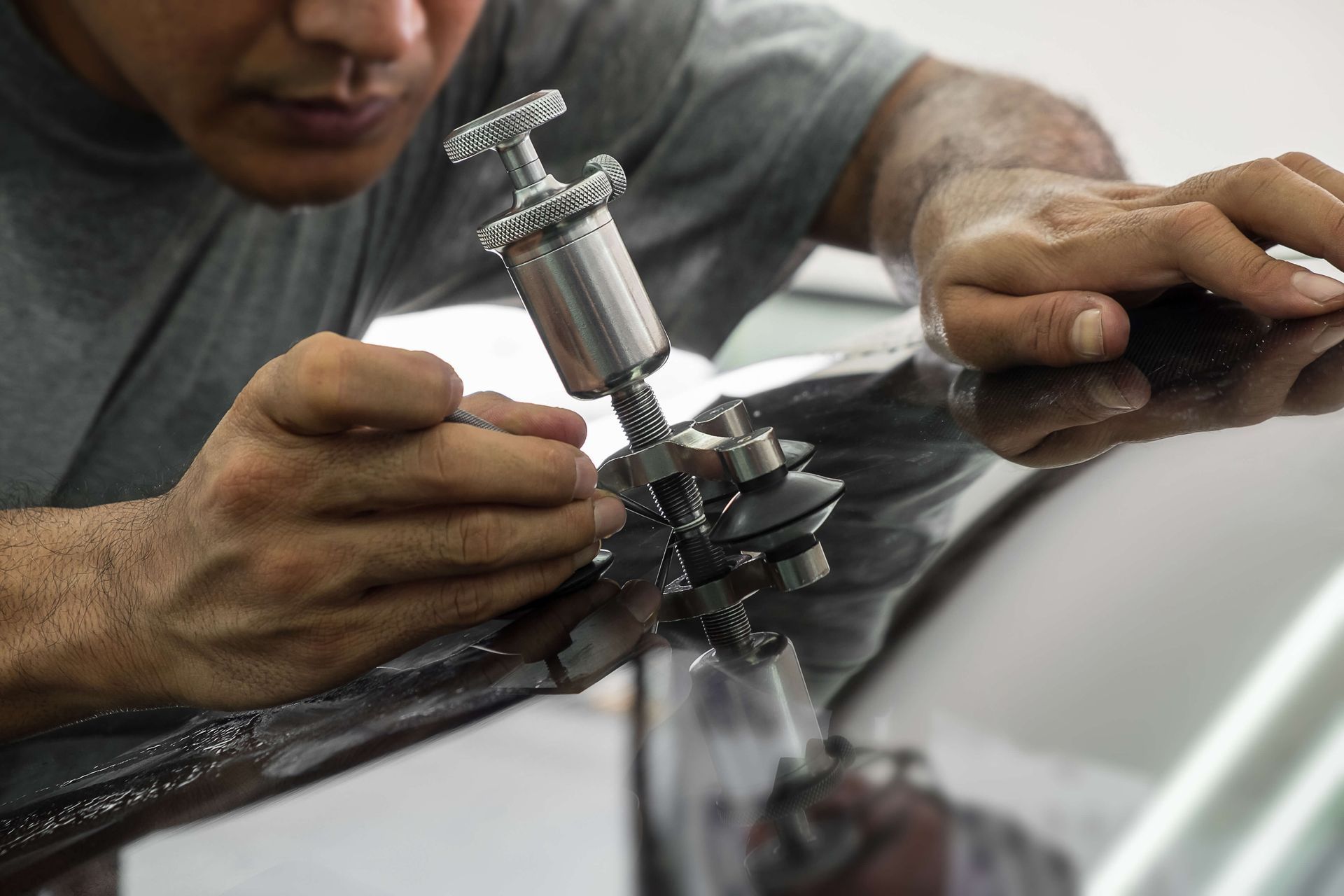info@jdwindscreens.com.au
DIY vs Pro Windscreen Seal Reseal — Safety & Cost Breakdown
A faulty windscreen seal is more than just a minor inconvenience. It puts your safety, your car’s integrity, and even its resale value at risk. From letting in water and noise to compromising structural strength during a collision, a worn or poorly installed seal can lead to serious problems. If you're thinking about resealing it yourself or hiring a professional, it’s important to understand how each option affects your vehicle’s safety, longevity, and performance. This article will guide you through the real cost, safety implications, and performance differences between DIY and professional windscreen resealing.
What Does a Windscreen Seal Actually Do?
The windscreen seal serves as a critical barrier between your car’s interior and the outside environment. It doesn’t just keep rainwater out; it also blocks dust, stabilizes the glass under pressure, and helps your HVAC system work effectively. A strong seal maintains proper air pressure, supporting defogging systems and preventing moisture from reaching internal parts like wiring, dashboard materials, and electronic components.
A compromised seal weakens your vehicle's structural integrity, especially in rollover accidents where the windscreen helps support the roof. It can also reduce fuel efficiency by disrupting airflow and drag. In NSW, vehicles with poor sealing can even fail roadworthy inspections if rust has formed beneath the seal. Simply put, this rubber lining does far more than most drivers realize.
DIY Windscreen Resealing: Cheap but Risky
It’s easy to understand why many vehicle owners consider DIY resealing. At first glance, a kit from an auto store looks like an affordable fix. However, windscreen resealing is a highly precise process that demands proper tools, expertise, and environmental controls. Most DIY attempts don’t account for hidden moisture, uneven pressure during application, or the importance of using the right adhesive for your vehicle’s make and model.
In addition to skipped steps like frame prep and poor adhesive quality, there are other risks and limitations DIYs may not anticipate:
- Incorrect seal type: DIY kits may offer a “universal fit,” but most vehicle models require specific seal profiles or compound compositions to maintain a watertight and airtight bond.
- Insufficient pressure application: Professionals use pressurized tools or specialist clamps to ensure the seal adheres with uniform tension. DIYs often lack these tools, leading to areas where the seal doesn’t fully contact the glass or frame.
- Residual moisture: Without moisture meters or drying techniques, sealing over even slightly damp metal can cause premature adhesive failure and encourage rust underneath the seal.
- Over-application of sealant: Excessive use of adhesive can ooze out and interfere with trims or visibility, while under-application creates weak points vulnerable to leaks.
- No quality control or inspection: DIYs rarely pressure test the reseal area or check for bonding integrity after curing, which means problems may not appear until heavy rain or washing.
Why Professional Windscreen Resealing is Worth the Investment
Professional resealing goes far beyond just applying adhesive around the windscreen. At JD Windscreens, we begin every job with a detailed inspection of the frame and glass bonding areas. This ensures that the new seal is applied to a dry, clean, and structurally sound surface. We use high-quality, vehicle-specific rubber seals and adhesives rated for Australian climate conditions, including extreme heat, humidity, and coastal exposure. A professional job includes:
- Use of OEM-grade or high-quality aftermarket seals that meet Australian safety standards.
- We apply temperature-specific bonding agents to match your vehicle’s environmental exposure.
- Optional replacement of trim panels or clips if they're warped or compromised.
- Precision tools to ensure even seal pressure and curing distribution, preventing future movement or leaks.
Windscreen Seal Repair Cost: What Affects the Price?
The cost of resealing a windscreen can vary significantly based on several factors. Vehicle design is a major one. Cars with curved, dual-layer, or panoramic windscreens require more time and precision, increasing the overall labor involved. If your car features integrated rain sensors or ADAS cameras, these components may need to be carefully removed or repositioned. There is a higher risk of ADAS failure if such actions are not taken proactively. In coastal areas of NSW, salt and humidity can cause rust under the frame, which must be cleaned and treated before a new seal can be applied.
While a DIY solution may seem cheaper on the surface, it can’t offer the guarantee, performance, or long-term protection that professional resealing provides. For cars over five years old or vehicles regularly exposed to harsh weather, investing in expert service is the smarter, safer choice.
Contact us to get a free quote for professional windsreen seal resealing service.
FAQs
How much does windscreen seal repair cost in NSW?
Prices typically range from $120 to $250, depending on the vehicle model, seal complexity, and whether additional trim or corrosion repair is needed.
Can I use silicone to seal a windscreen?
Silicone is not recommended for structural sealing, it lacks the bonding strength and elasticity needed for vehicle-grade sealing and may interfere with professional adhesives in future repairs.
How long does a professional reseal last?
With quality materials and proper application, a professional reseal can last 7 to 10 years, depending on exposure to sunlight, moisture, and driving conditions.
Do you need to replace the windscreen if the seal is leaking?
Not necessarily. If the glass is intact and properly bonded, a seal-only repair or
rubber replacement can be done without changing the windscreen.
Is windscreen resealing covered by insurance?
In some cases especially when water damage occurs due to seal failure, your comprehensive policy may cover the repair. We can help with insurance assessments and documentation.



